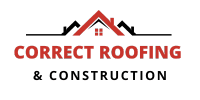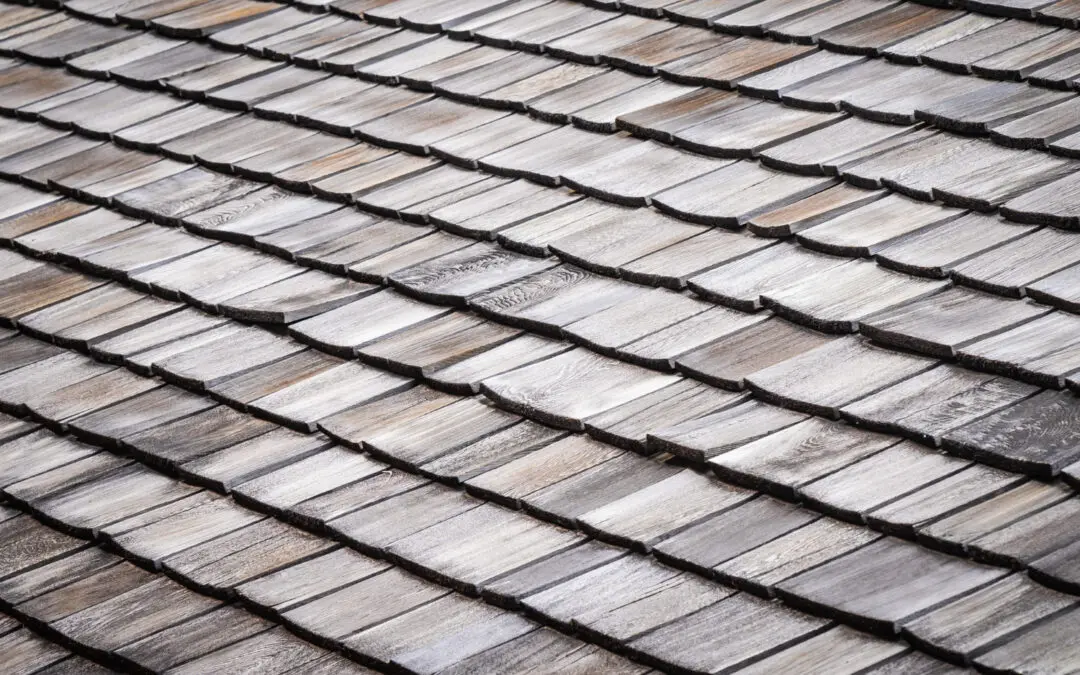Selecting the right roofing material is essential for safeguarding your home against the elements. However, the abundance of choices can complicate the decision-making process. Each material has its pros and cons. By familiarizing yourself with the specifics of each option, you can make a well-informed decision.
Read on to learn more:
Asphalt Shingles
Asphalt shingles are a popular choice for residential roofing because they’re affordable and come in many styles. This roofing system comprises individual overlapping elements made from a combination of asphalt and fiberglass.
Pros
- Asphalt shingles are budget-friendly, making them ideal for homeowners on a tight budget.
- With many styles and colors available, they can suit different architectural designs.
- Lightweight and easy to work with, they cut down on labor costs during installation.
Cons
- Cheaper asphalt shingles can be damaged by strong winds, potentially causing leaks.
Clay Tiles
Clay tiles are roofing materials made from natural clay that has been shaped and fired in a kiln. They are known for their timeless elegance and durability. They can add sophistication to any home and can last over a century with proper care.
Pros
- Clay tiles have a unique appearance and earthy tones that enhance the look of a home.
- With good maintenance, the roof can last for generations, making it a wise long-term investment.
- They naturally resist fire, offering added protection.
Cons
- Clay tiles require a substantial roof structure, which might mean extra reinforcement.
Slate Roofing
Slate roofing stands out for its timeless allure and exceptional sturdiness. Crafted from natural stone, slate tiles bring an unmatched sophistication to homes. This elegance makes them a prime choice for those seeking upscale aesthetics.
Pros
- With proper maintenance, slate tiles can last for over a century, providing unmatched longevity and reliability.
- Slate is naturally resistant to fire, offering superior protection against fire hazards compared to other roofing materials.
Cons
- The significant weight of slate tiles requires a strong roof structure to support it, potentially leading to additional expenses for retrofitting.
Shake Roofing
A shake roof is a type of premium roofing system constructed from natural wood materials, typically cedar or California redwood. Each individual wooden shingle, known as a shake, is applied to create the roof surface. Wood shake roofs offer a classic look and withstand strong winds and impacts.
Pros
- Woodshake roofs have a timeless beauty that adds character to any home.
- They’re sturdy and can endure harsh weather conditions.
- Available in various styles, they can be customized to suit different preferences.
Cons
- Insects like termites and carpenter bees may be drawn to wood shakes, requiring regular maintenance.
TPO Roofing
TPO roofing, short for thermoplastic polyolefin roofing, is a type of single-ply roofing membrane widely used in commercial roofing applications. It offers durability and energy efficiency along with high strength and resistance to leaks.
Pros
- TPO roofs reflect heat, reducing cooling costs and improving energy efficiency.
- They can withstand various weather conditions, providing long-term protection.
- TPO roofing is relatively straightforward to install, making it cost-effective for commercial properties.
Cons
- Installing TPO roofing correctly requires expertise to ensure it’s properly sealed and waterproofed.
Choosing the perfect roofing material for your home is a decision that shouldn’t be taken lightly. It’s essential to carefully consider the advantages and disadvantages of each option available. Keep in mind factors like your budget, the style you’re aiming for, and the unique requirements of your house.
If you need assistance in installing your roofing material, reach out to CRC Contractors Inc. today. Contact us to learn more.


